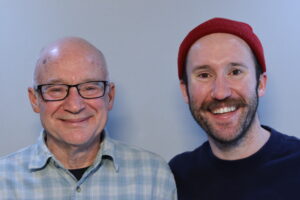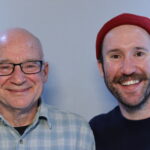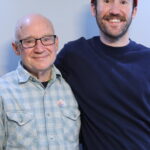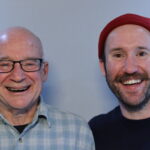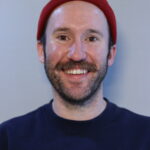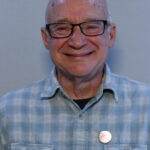Description
Tim Havis (33) and his father David Havis (70) talk about when Tim came out as gay, reflecting on growth and openness in their family.Subject Log / Time Code
David Havis (DH) and Tim Havis (TH) tell the ceiling fan incident story.
TH asks DH who has been the biggest influence in his life. DH talks about a social studies teacher he had in high school and reflects on unlearning prejudice in rural Texas.
DH talks about his grandfather's country store.
DH talks about the day that TH came out as gay.
TH remembers worrying that DH would be upset when he came out – not upset at the fact that TH was gay, but upset to know that he had been treated poorly.
DH remembers what he said to TH after he came out.
DH and TH talk about growth and open mindedness in their family.
TH tells DH how his openness has impacted him and their family.
TH talks about organizing a social justice concert for his high school students.
Participants
- Tim Havis
- David Havis
